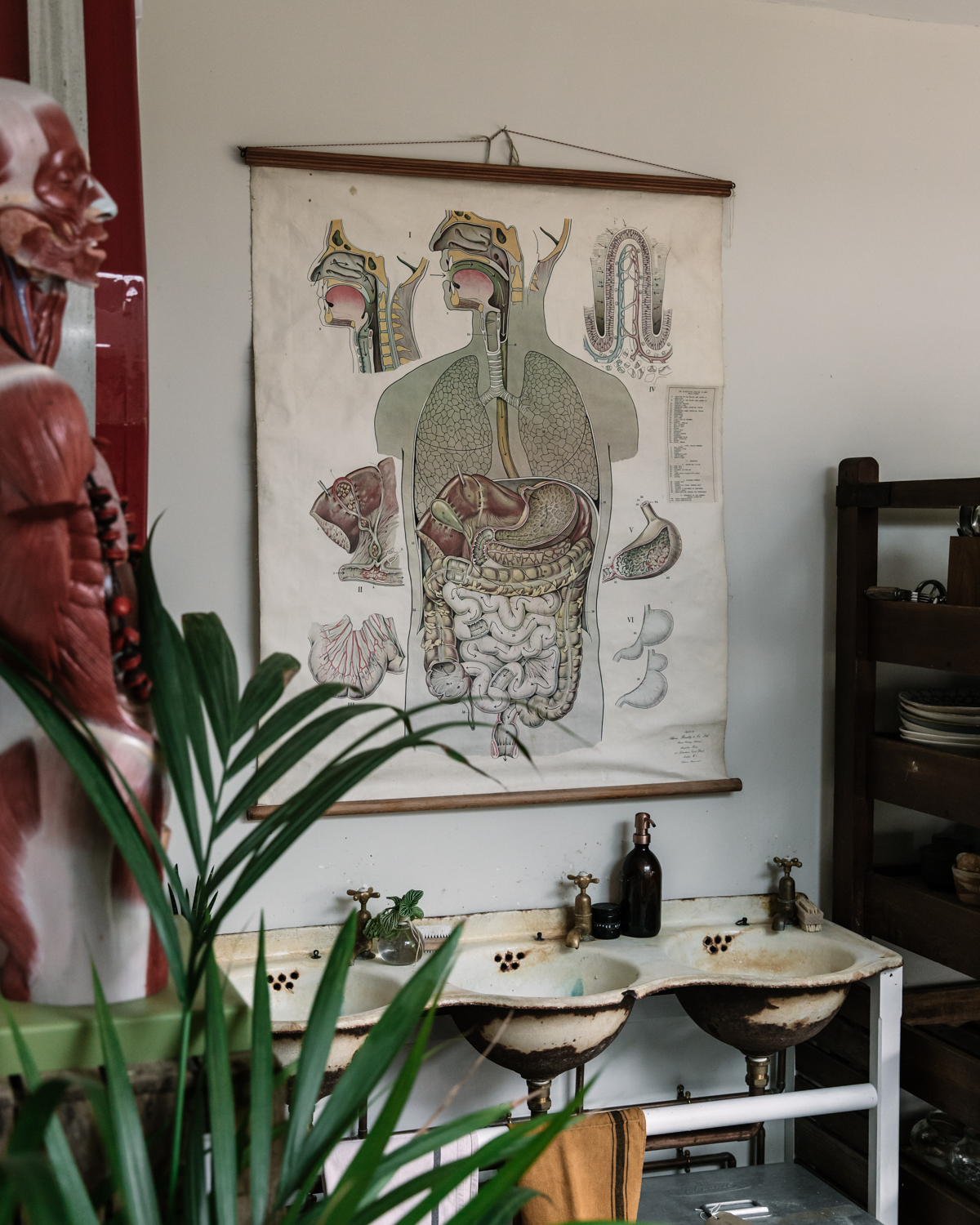Reference Number: 161
Year: 2005
Link: Link to original paper
Health: Gut Microbiome - Creating Healthier Bread to Support Optimal Gut Health
Nutrition: Amino Acids | Fibre
Summary

Introduction
Among body sites normally sporting a community of microbes, the human gut, predominately the colon, harbors the greatest number and diversity of organisms, primarily bacteria. Pasteur with prescient insight postulated that our health is intertwined with our resident flora. Dr. Joshua Lederberg, a Nobel Laureate (1958) at the age of 33, later coined the term ‘microbiome’ or the collective genome of our indigenous microbes and further proposed that a comprehensive view of human genetics and physiology is a composite of human and microbial genetics. Later, the human genome project revealed 233 proteins with homologues only in bacteria, suggesting that we have acquired these genes from our resident flora. This has led to a fundamental question-namely, to what extent is human life dependent on its microflora? Investigations addressing this question have spawned two new scientific disciplines. The first titled ‘Eco-Devo’ or ecological developmental biology pursues the hypothesis that human development is both hardwired in our genes and derived from our interactions with microbes. The second field, cellular microbiology, is built on the principle that studies of normal flora as well as microbial pathogens provide new insights into host cell biology, biochemistry and development. The goal of this paper is to provide a perspective on recent data supporting the hypothesis that the relationship between the host and the gut flora is not simply commensal (i.e. living together without injury to either partner) but rather symbiotic or mutualistic; namely, an interdependent relationship essential to our well-being.
Conclusions
A renaissance is underway regarding our understanding of the contributions of our flora to human health and development. The sequencing of the B. thetaiotaomicron and B. fragilis genomes microarray analyses and new animal models with their genetic variants have begun to provide a sophisticated understanding of the everyday interactions of the gut flora and the intestinal epithelium. Together these data indicate that ‘commensals’, suggesting simple coexistence, is a poor term for our flora and that the dynamic term, symbionts, indicating interdependence of host and flora in a mutualistic relationship is more accurate. Nonetheless, our knowledge remains rudimentary with the most detailed information available for only one Bacteroides spp., B. thetaiotaomicron, with little known about the symbiontic role of B. fragilis, that preferentially adheres to the colonic mucosa where it is poised to invade the host. B. fragilis illustrates well the thin line that separates gut symbiont from pathogen. Future studies face the challenge of building from our understanding of individual anaerobes to developing insights into the complex interactions between the human host and members of the three major bacterial genera in the gut, Bacteroides, Clostridium and Eubacterium. It seems likely that the journey to unravel the mechanisms of symbiosis at the gut mucosal surface and their ‘breakdown’ permitting an adversarial role between host and flora (such as illustrated by inflammatory bowel disease) will be most exciting.
Significance of this study for bakers
This study shows how our gut flora, or gut microbiome, plays an important role in our well-being. It demonstrates the importance of the relationship between our gut and the rest of our body. As bakers, we can introduce ingredients to our bread which nourishes our gut microbiome and, in turn, our body. This paper suggests that a healthy gut flora will help our bodies to digest and absorb nutrients.

